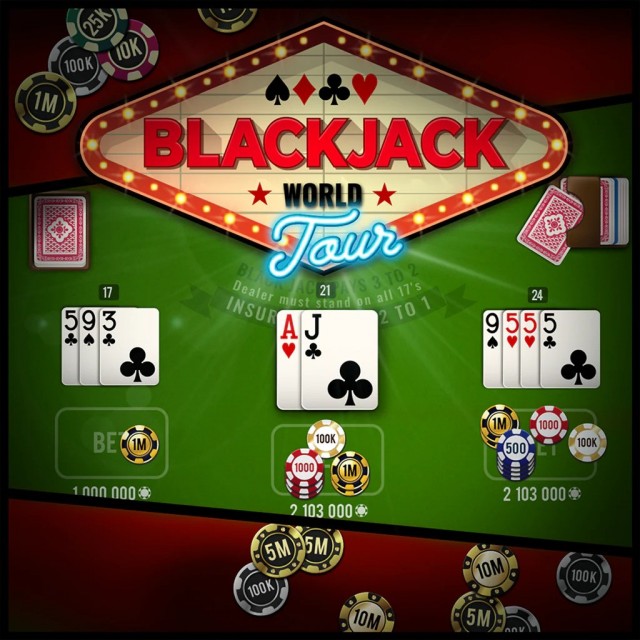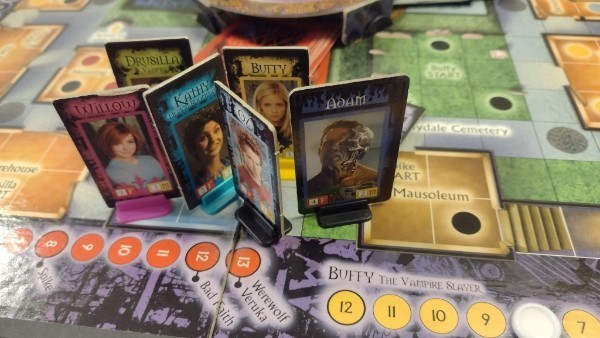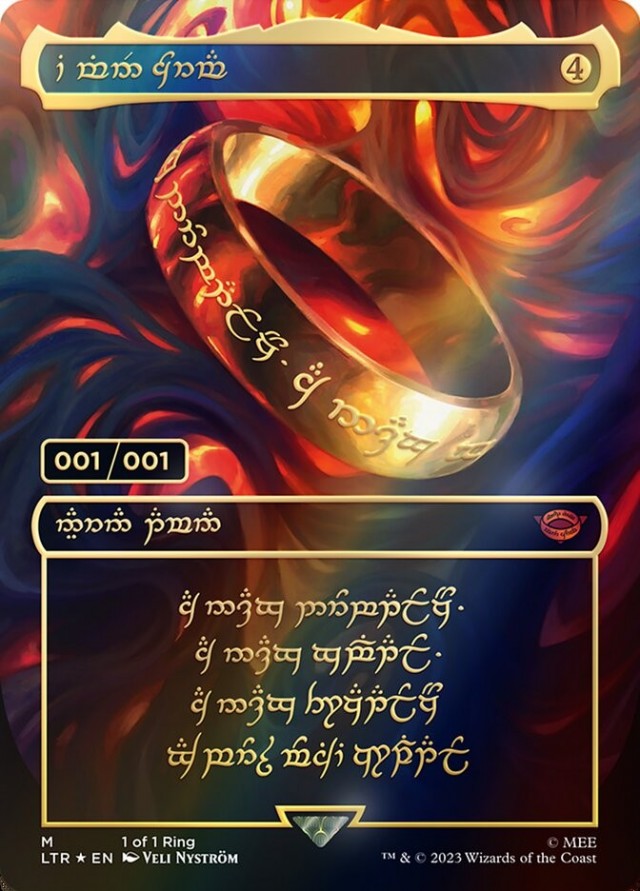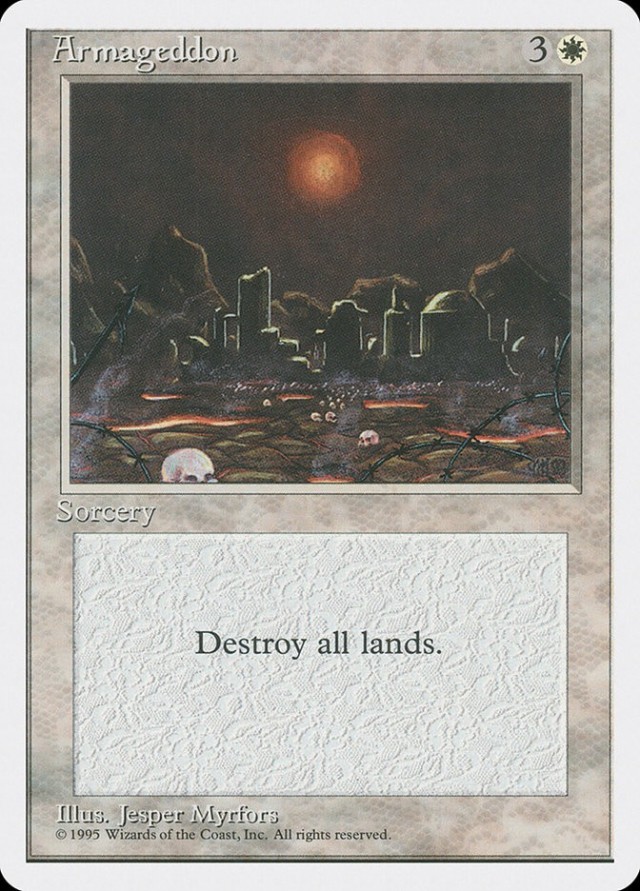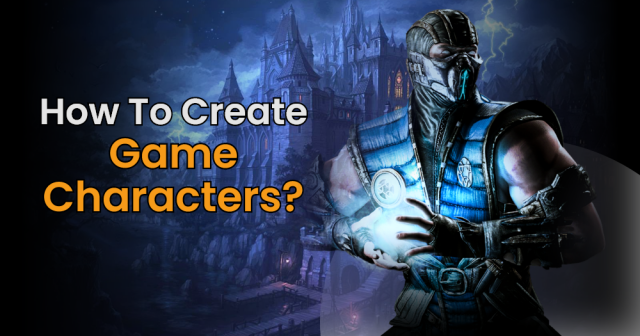Now that my daughter is a little older and life is a little less fraught I find that I have enough free time to go out and game on a fairly regular basis - about once a month, sometimes twice if I'm lucky. So what with this being a blog and all I figured it was probably about time I actually used it like a blog and do what all blog writers do and bore you to tears with irrelevant and pointless observations about the minutiae of my daily life. Or at least do this after each time I go out and get some gaming in. I know this is "just" a blog post rather than a custom-written front page article but I'm sticking it on the front page anyway for two reasons - firstly as a heads-up to everyone that I'm going to be posting these things once or twice a month and secondly because I have the power to inflict my inane ramblings on you lot at the click of a button so I'm damn well going to use it. I love admin rights.
If I'm going to be doing regular posts about my gaming life then I'm going to have to mention, at least in passing, the people I game with. I mostly play at the house of a friend called Graham for the simple reason that his kids are no longer all that young and they've become used to sleeping through loud parties. So we can sit downstairs and shout, rant and recriminate all we like over the game board and no-one's going to come down and tell us to be quiet. Graham is the only other person in my little gaming circle that really deserves the "gamer" tag - he has a BGG account and owns games. Neither of those things is true of any of the other people I game with regularly yet they'll all play Titan till the cows come home, which rather puts a damper on the idea of needing to handhold new players with gateway games and the notion that playing nerdy boardgames and gamer collecting/ruminating OCD are inextricably linked.
Anyway, because Graham's wife, Emma, also games and because one or two other people usually turn up we rarely get the chance to try two player only games. Tonight is different - Emma is busy and no-one else wants to come out to play. So I've decided to use this rare opportunity to introduce Graham to the incomparable Twilight Struggle. I also have my copy of Twilight Imperium 3 in the car because Graham wants to borrow it in preparation for a PBEM game that Malloc is kindly hosting for me and my mates and my shiny new copy of Thebes because I figure it's a quick game that Emma can play if she finishes what she's doing and wants to play a game. I also have some of the most essential of all gaming player aids - some bottles of beer.
The first thing Graham does is lift the lid on TI3 and drool profusely over the bits. He cunningly observes that there must be an expansion in the box as well because no one game comes with that many pieces and he is, of course, right. He flips through the rulebook and opines that the game must be "pretty complicated". At his request I give him a brief summary of the rules and, like everyone else I've explained TI3 to is amazed by how straightforward they actually are. All the hard-to-remember stuff is printed on the strategy cards and on the player mats. We discuss briefly that it probably would be a tough game to learn for anyone that didn't know much about sci-fi as a genre, but that the sci-fi tropes involved are worked into the rules so intuitively that most geeks won't have a hard time picking it up. Although he just wants the rules to read, I agree to leave the whole box there so that if we can get a game organised we can save time by having him set up the board before everyone arrives. This is probably a foolish thing to do because I know what my friends are like and know there is no chance at all that he's actually going to take the time to set it up in advance unless I go round their early and kick his arse into gear at which point I might as well do it myself. But still, one can hope.
Then it's time for Twilight Struggle. Graham has never seen a board made out of cereal-box card before but immediately spots what needs doing and assiduously back-folds the board to make it lie flat while I explain the rules. Like everyone who gets taught TS by a more experienced player he gets to be the USSR and I play the US. Two turns in and I know from the fact that he's not replying as I ask him everyday questions about his job and family because he's lost in obsessively sorting through his cards that the game has got him by balls. Twilight Struggle does that to people. Things don't start well for me - he manages to get a good score in the Middle East and gets control of France while I get domination in Asia only for the scoring card not to turn up. By mid-war he's in the lead but has made a number of common beginner mistakes which I can capitalise on to being the score back in my favour. Except this doesn't happen: I get points in Central America, but every other region is a wash for points - even Asia, where a lucky roll on India-Pakistan war and a lot of ops spent back and forth over Thailand has bought it back to evens. Then, just as I'm making the same mental calculation at the start of the late war about capitalising on him mistakes to swing the game back in to my favour, he hits me with Wargames and it's all over.
I hate Wargames, but the game itself is a smash hit. We both agree that it's a sad way to end and exciting game but what with us both being red-blooded Ameritrash gamers he taunts me about having lost to a first time newbie anyway, and quite right too. We both agree that Wargames might be better if it just gave a flat bonus of 6VP to the person playing it, rather than gifting the points the other way and ending the game.
Now I have the most appalling record of being beaten in Twilight Struggle by new players that I'm teaching the game to. This is partly because I'm not very good at playing the US - still - and new players usually get the USSR seat. It might also mean that I suck at playing Twilight Struggle even after nearly forty plays. However to save me from having to make that catastrophically embarrassing admission I've developed another theory. A lot of experienced TS players will tell you that in any given situation there's a right and a wrong thing to do and this is especially true at the start of the game when there's not much influence on the board and not many cards in the deck. The received wisdom on the opening USSR move, for example, is that it should be a coup in either Italy or Iran. But new players don't know this and they make what, to a seasoned player, look like stupid and badly planned moves. But I keep loosing to these stupid and badly planned moves for the simple reason that with my supposed "experience" I used to seeing the game develop in certain ways, and when it doesn't, I'm all at sea and my precious "experience" is no use at all because I'm in a situation I've never seen before. And that, really, ought to be held up as a counterpoint to everyone who pontificates about the "right" play in Puerto Rico, or Chess, or ASL, or anything else: you're playing as much to have fun as to win and an making uniformed but not unconsidered or unintelligent moves in a game is far more important that playing from experience. Its Fischer's Law all over again.
It being only 11pm and our thirst to gaming not yet being quenched we decide to break open Thebes and give it a try. In our first game I spot that since worthless sand tokens go back into a dig bag and treasure tokens do not, being the first to dig at a site carries a significant advantage. So I gather up a few points of specialist knowledge and set-to with the pickaxe and dynamite while Graham is still wandering round Europe giving lectures and picking up shovels, assistants and lots and lots of general knowledge. This tactic pays off handsomely and I win the game by a handy margin having not just had the best treasures but by getting most of the bonus points for specialist knowledge. We decide to play a second game in which, having been impressed by those bonus points, I spend time in Europe gathering specialist knowledge across the different areas while Graham picks up a little bit of general knowledge and heads out to the dig sites for an early go on those treasures. Once again being the early bird pays off and he wins by a handsome margin even though I score all the bonuses for specialist knowledge. Still, at least I beat the bastard once. Graham is very good at a variety of different types of games having been blessed the twin skills of logical deduction and verbal persuasion.
Graham offers to buy Thebes off me there and then because he thinks his kids will like it, and I agree. The game has fallen somewhat flat for me so I'm not unhappy to part with it and Graham isn't massively impressed either - he just thinks it'll be a good family game, and I agree that it probably will. I think the kids especially will have a blast drawing the tokens out of the bag. But I'm puzzled as to what it is about the game that hasn't excited me. After all it seems to have all the ingredients of a good Euro - there's tension between trying to service different strategic concerns at once (dig first? General knowledge first? Special knowledge first?) and some randomness to add spice. I puzzle over it in the car on the way home until I finally figure it out. Firstly it's a game with no direct player interaction, and while there are some good games with limited direct interaction they're all relatively heavy titles. Thebes isn't - it's pretty lightweight, and it seems that without the challenge of responding directly to another players' strategy or the excitement of trying to sweep them off the board there just isn't enough in the game to make me interested. Secondly, and more seriously, it's upside down. The game starts off exciting and challenging as you rush around trying to decide between the different priorities and racing your opponents to good cards and dig sites. But as the game progresses getting cards becomes less important (since you already have lots of knowledge) and drawing from the dig bags becomes a lot less exciting because they've already been divested of most of the treasures, leaving nothing but sand. So the game, instead of building to a climax, actually becomes progressively less exciting as it goes on. So, not hugely impressed with Thebes although I suppose it might work better with more players - and hopefully since the copy is still in the possession of one of my regular gaming group I'll get the chance to find out one day.
Next day I'm feeling pretty worn out after my late night of gaming. But in an idle hour I nevertheless decide to take the plunge into my latest acquisition - Napoleon's Triumph. I'm the only player in my group with any interest in playing Wargames for the history they represent so I'm always on the lookout for historical titles which play multiplayer (there's usually at least three of us to play, remember) and are easy enough to learn for people who aren't interested in simulation. I could, of course, have taken NT to see Graham for that rare chance at two player but I hadn't read through the rules so I thought it'd take too long for us to figure out and besides, a big draw of the game for me was the unusual team rules for multiplayer which sees an overall commander handing out written (not verbal) orders a turn in advance of when they actually need to be applied. It really is a fantastic looking game - for my money it's understated wooden blocks, metal commander flags and clear yet minimalist board will beat a plastic fest any day. So it seems a bit of a shame to have to put stickers on those command flags with fingers trembling and spots dancing before my eyes, but I want to give the game a whirl so I do it anyway. Although it's a game in which hidden information is crucial some bright spark has managed to come up with a solo variant which is fast, interesting, and a great way of learning the rules. Good job too because although the game isn't actually very complicated at all, it is awesomely obtuse - kind of the opposite of TI3. It's not a good game to try and figure out when you're not feeling very well, but I persevere. Eventually the penny drops when I suddenly realise that although the combat rules are written in such a way to make it seem like all pieces fight the same way, artillery pieces in the attack actually break almost every single rule and that this is a way of simulating a pre-attack bombardment by the guns to which the defender has no direct reply. Having worked this out, I give the game a whirl and discover that the game seems to be strategically very rich indeed - partly in a very good way by giving you lots and lots of options to explore and partly in a possibly-good (time will tell) way because the unique and unusual rules makes figuring out good strategy extremely difficult. I've had this latter experience with many Eurogames and I always thought it was because they were so abstract but having met the same thing in a Wargame it seems that maybe that's not the reason after all - perhaps unintuitive is just unintuitive and that's all there is too it. Games like this sometimes just stay very perplexing and sometimes eventually the mists eventually part and reveal something new, exciting and very much worth exploring. We'll have how this one comes on - it might actually turn out to be too deep and/or obtuse for regular play - but for now I'm pretty stoked about trying it multiplayer, so it might well be the next thing we get on the table.
Unless Twilight Imperium gets in there first of course.
 Games
Games How to resolve AdBlock issue?
How to resolve AdBlock issue? 
